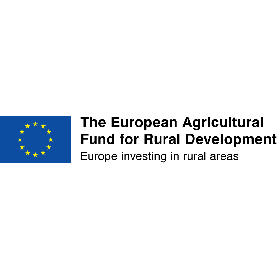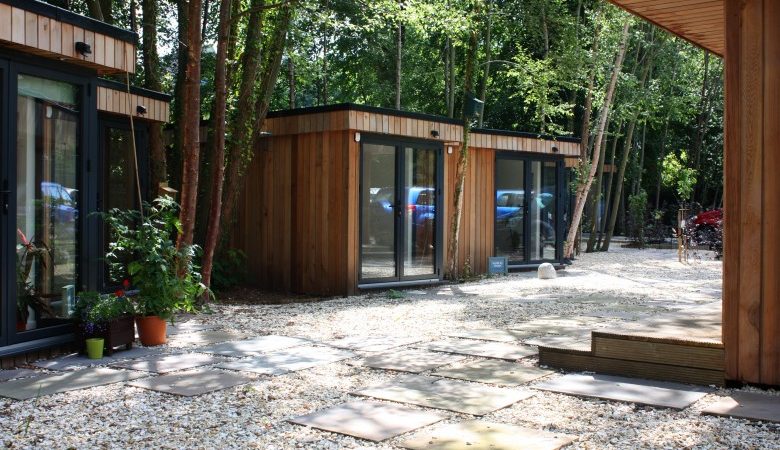
In conversation: Dinah Jackson discusses the Rural Growth Programme’s current funding calls
With more than £10 million to invest in businesses in the North East LEP area, Dinah Jackson, North East LEP Business Growth Programme Manager, outlines how the Rural Development Programme for England (RDPE) Growth Programme will unlock business investment across the region to create jobs and growth.
We’re thrilled to be able to announce that the deadline for submission of Expressions of Interest to the RDPE Growth Programme has been extended to 31 May 2018. This gives an additional four months for businesses to apply for three grants which are available: rural business development, rural tourism and food processing. The Growth Programme provides capital funding to support projects that invest in building businesses, creating new jobs and growing the economy in rural areas.
We’re extremely pleased with the decision to extend the deadline for the benefit of the rural economy. We hope that the grant will incentivise businesses to bring forward their investment plans despite the uncertainty of current times. Individual projects could be eligible for up to 40% grant funding in most cases, and in some cases a higher grant threshold is available (for some specific projects to build our rural tourism infrastructure).
With more than £10 million to invest in businesses in the North East LEP area, businesses are invited to submit expressions of interest as soon as possible to give the maximum amount of time available to deliver individual projects.
So what types of projects can the Growth Programme fund?
Here are some examples of the kinds of projects that could be eligible for a grant:
Rural business development grants – New equipment or machinery that creates productivity and efficiency gains, new premises or facilities that diversify farming activities
Food processing grants – Expansion of a meat cutting and processing plant to meet new international markets, a new milk processing facility or expansion to an existing soft fruit processing facility to enable processing of lower quality and lower value fruit to supply growing markets for end products
Rural tourism – New footpaths, bridleways or cycle paths, extending a local museum or new high quality visitor accommodation
We now need good strong applications from rural businesses, rural tourism businesses and food processing businesses to ensure that we maximise the economic benefit returned to the North East from the programme.
Here are some top tips that will help you progress your project to create growth and jobs:
How do you apply for a Growth Programme grant?
The first step is to identify whether you are eligible. It may sound overly simple, but if you don’t meet basic eligibility requirements, you cannot apply.
Are you an eligible business, located in an eligible area, intending to carry out eligible activities?
With the exception of applicants for food processing grants, your business must be located in the rural North East. You can use the postcode checker tool
Whilst all business development and tourism projects must be in the Rural Growth Network area, your food processing project might be eligible in the urban parts of our region, depending on the exact nature of your project.
The next stage is to follow carefully the advice provided by RPA.
Clearly written handbooks are available for each of the three calls provided by the Rural Payments Agency (RPA), the grant administrator. The handbooks set out information on what activity is eligible (and what activities aren’t) and how to apply. They also give a summary of our local priorities for rural business growth. Your project will need to deliver against national and local priorities.
Each project will be considered on its own merit and the application process is competitive. This means grants are not awarded automatically to an applicant. The RPA will assess all expressions of interest to see which best meet the criteria. This is through a rigorous two-part application process (starting with submitting an ‘expression of interest’) to tell RPA about the work you’re doing and how the grant could help you with it.
If RPA assesses that your expression of interest is suitable, they will invite you to submit a full application.
Top tips for applicants
Before you start an application, here are some important reminders…
Jobs + growth + rural
Every successful application starts with a good idea and a clear plan for how to make that idea a reality. The whole aim of the RDPE Growth Programme is to create jobs and growth in the rural economy. Your application will need to show how your project will help do this.
Sell your idea
Explain clearly what your project does and how it will benefit the economy.
Show what the funding will mean to the success of your project. If you can show that your project is good value for money, and that you’re planning to use the grant money to improve your project, you’re more likely to produce a successful application.
Do the market research
Explain how there is real demand for what you want to do.
Be prepared
You will need to keep detailed records about your project, because you’ll have to provide proof (including detailed quotes) of how much the various elements of your project will cost.
An information event discussing the available funding, the types of projects funded and the application process will be held on Monday, 11 December at Wansbeck Workspace, Ashington. To book a place at this free event, click here.
For further information
For further help on growing your idea, see further information at www.northeastgrowthhub.co.uk/finance-and-funding/department-for-environment-food-and-rural-affairs/rdpe-growth-programme/ call the Defra Helpline on 03000 200 301, or email the Growth Programme at [email protected].





